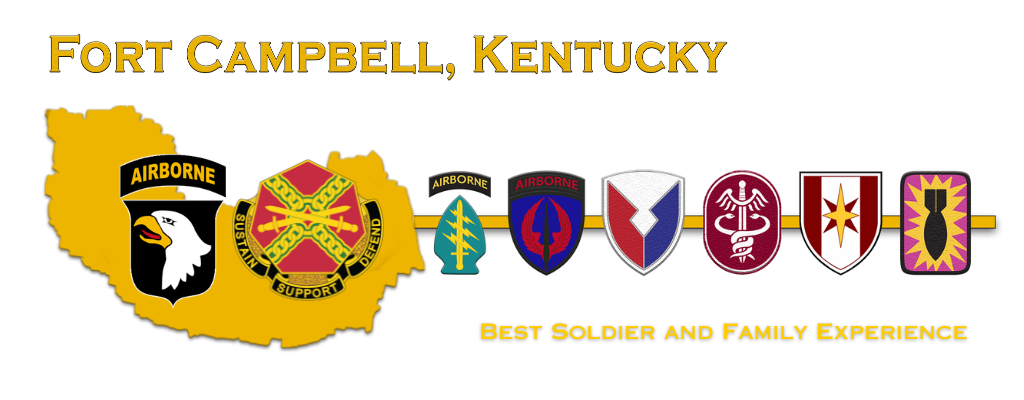
Soldiers of the 160th have been actively and continuously engaged in the combat operations since October 2001. Today, the 160th Special Operations Aviation Regiment continues a sustained and active forward presence in the U.S. Central Command area of operations at multiple locations in support of operations Enduring Freedom. Our crews also provide support to U.S. Southern, Pacific, Africa, and European commands.
Your path to becoming a Night Stalker begins at https://go160thsoar.com.
The 160th Special Operations Aviation Regiment’s mission is to organize, equip, train, resource and employ Army special operations aviation forces worldwide in support of contingency missions and warfighting commanders. Known as Night Stalkers, these Soldiers are recognized for their proficiency in nighttime operations. They are highly trained and ready to accomplish the very toughest missions in all environments, anywhere in the world, day or night, with unparalleled precision.
Soldiers of the 160th have been actively engaged in the War on Terror since October 2001. Today, the 160th Special Operations Aviation Regiment continues a sustained and active forward presence in the U.S. Central Command area of operations at multiple locations in support of operations Enduring Freedom, and New Dawn, in Afghanistan and Iraq respectively. Our crews also provide support to U.S. Southern and Pacific commands.
Organization
The 160th SOAR(A) is comprised of a regiment headquarters, four battalions and a dedicated training company. The regiment headquarters is collocated with the 1st and 2nd battalions and the Special Operations Aviation Training Battalion at Fort Campbell, Ky.; 3rd Bn. is located at Hunter Army Airfield, Ga.; and 4th Bn. is located at Fort Lewis, Wash. This strategic organizational structure postures the regiment to support special operations forces mission and training requirements well into the future.
Each battalion also has a strategic composition of light, medium and heavy helicopters, all highly modified in designed to meet the unit’s unique mission requirements. Regiment reorganization modifying the 160th fleet composition was approved in October 2007 and will be implemented over the next several years. Currently, 1st Bn. has one AH-6 Little Bird helicopter company, one MH-6 Little Bird helicopter company and three companies of MH-60 Black Hawk helicopters; 2nd Bn. has two MH-47 Chinook helicopter companies; and 3rd and 4th battalions each have two MH-47 Chinook helicopter companies and one MH-60 Black Hawk helicopter company. Each battalion also has a Headquarters and Headquarters Company and a maintenance company.
Assessment, Selection and Training
The 160th SOAR actively seeks and assesses the best-qualified aviators, crew members and support personnel in the Army. Members of this unit are three-time volunteers: for the Army, for airborne training and for the regiment. Upon selection, commissioned and warrant officers and enlisted Soldiers complete respective Basic Mission Qualification courses, known as Green Platoon, which are facilitated by the Special Operations Aviation Training Company.
The professionalism and capabilities of Army special operations aviation are developed through a “train as you fight” mentality. Rigorous training continues upon assignment to the line units. The regiment is exceptionally resourced for extensive and realistic training conducted regularly in a variety of environments. This extensive, realistic training is the foundation of unit combat readiness.
History
Originally created as Task Force 160, the unit was formed from Soldiers of the 101st Airborne Division at Fort Campbell, Ky. In October 1981, the unit was officially designated the 160th Aviation Battalion. The regiment then became an airborne unit in October 1986 and was re-designated the 160th Special Operations Aviation Group (Airborne). The modern day 160th Special Operations Aviation Regiment (Airborne) was officially activated in June 1990. Most recently, in July 2006, the regiment provisionally stood up a fourth battalion to meet growing special operations forces requirements.
Soldiers of the 160th pioneered the Army’s nighttime flying techniques. The unit became known as the “Night Stalkers” because of its capability to strike undetected during the hours of darkness and its unprecedented combat successes. Today, Night Stalkers continue to develop and employ new technology and tactics, techniques and procedures for the battlefield. Time and again, in every major combat operation since Grenada, Soldiers of this unit demonstrate that they live by their motto, “Night Stalkers Don’t Quit.”
Service in the 160th is a calling only a few will answer for the mission is constantly demanding and hard. And when the impossible has been accomplished the only reward is another mission that no one else will try. As a member of the Night Stalkers I am a tested volunteer seeking only to safeguard the honor and prestige of my country, by serving the elite Special Operations Soldiers of the United States. I pledge to maintain my body, mind and equipment in a constant state of readiness for I am a member of the fastest deployable Task Force in the world, ready to move at a moment’s notice anytime, anywhere, arriving time on target plus or minus 30 seconds.
I guard my unit’s mission with secrecy, for my only true ally is the night and the element of surprise. My manner is that of the Special Operations Quiet Professional, secrecy is a way of life. In battle, I eagerly meet the enemy for I volunteered to be up front where the fighting is hard. I fear no foe’s ability, nor underestimate his will to fight.
The mission and my precious cargo are my concern. I will never surrender. I will never leave a fallen comrade to fall into the hands of the enemy, and under no circumstances will I ever embarrass my country.
Gallantly will I show the world and the elite forces I support that a Night Stalker is a specially selected and well trained soldier.
I serve with the memory and pride of those who have gone before me for they loved to fight, fought to win and would rather die than quit.
Night Stalkers Don't Quit!




